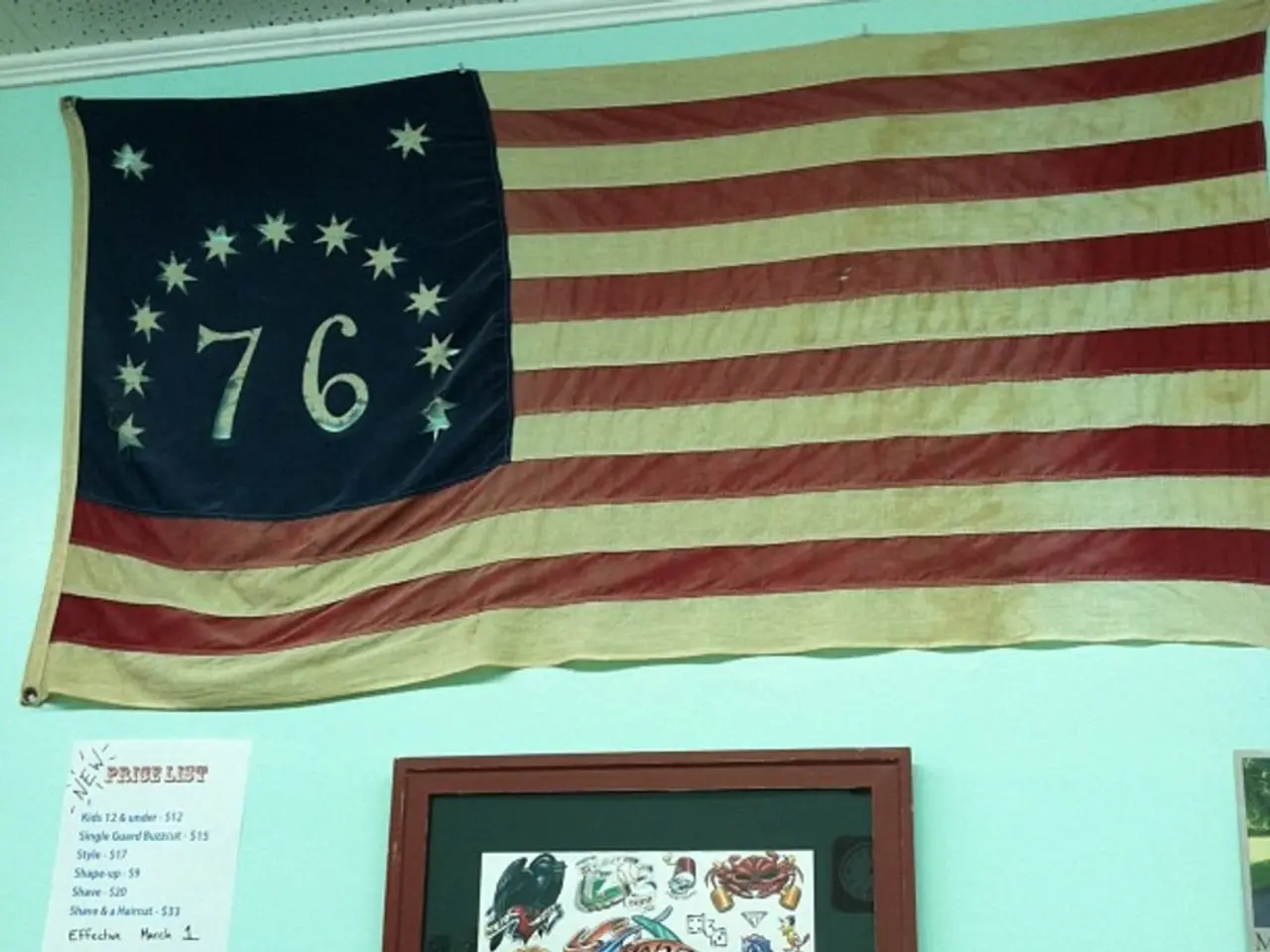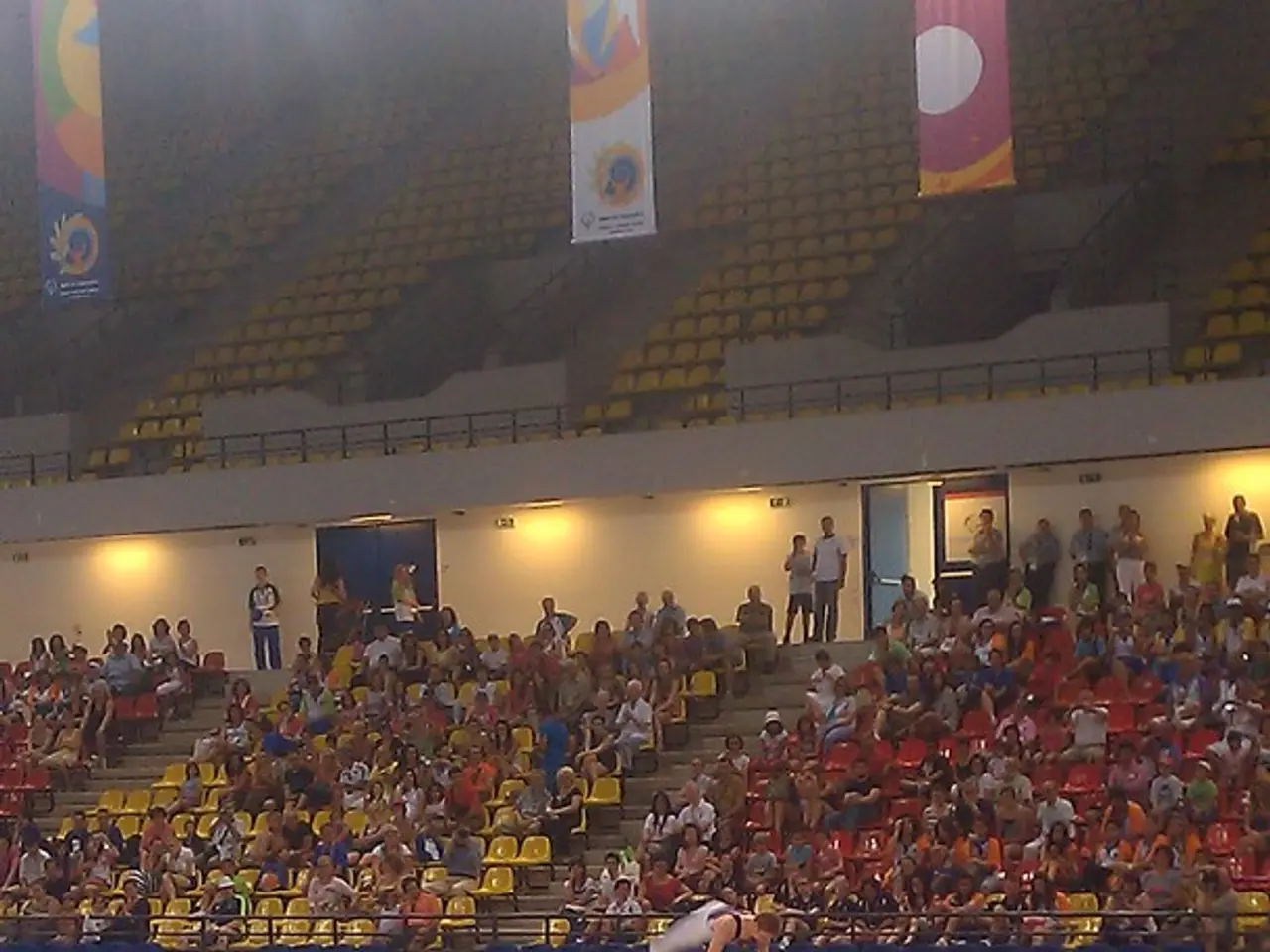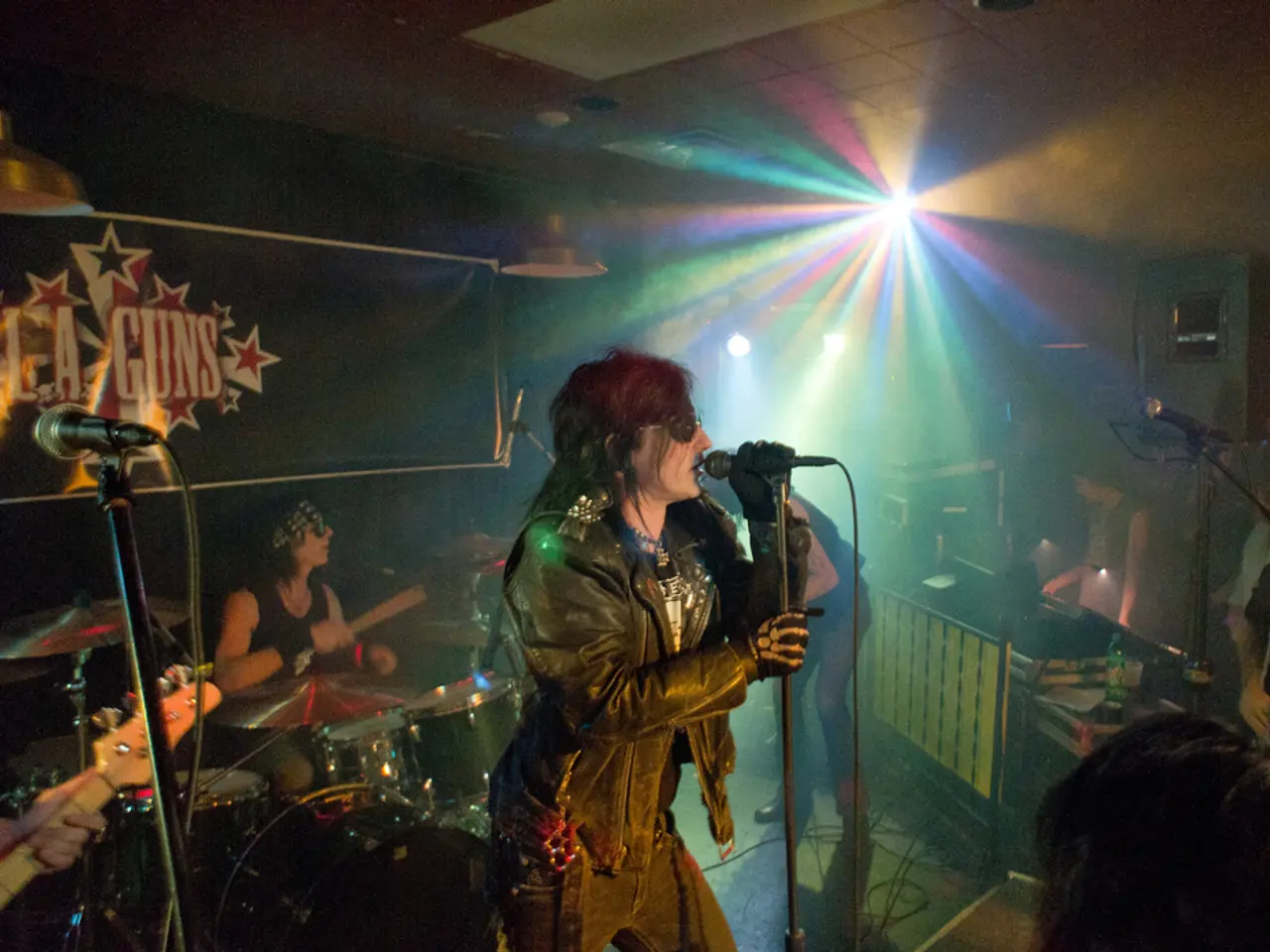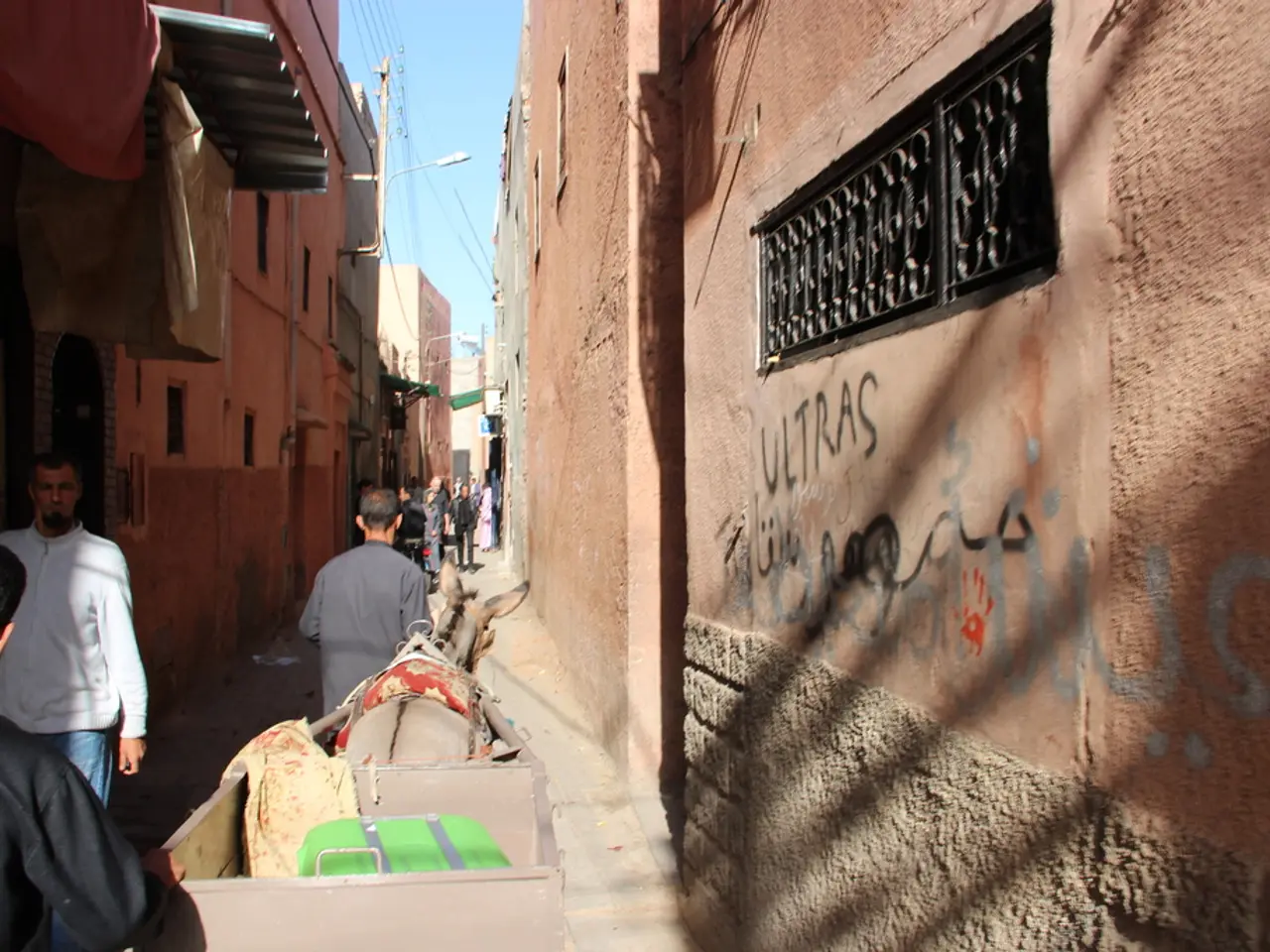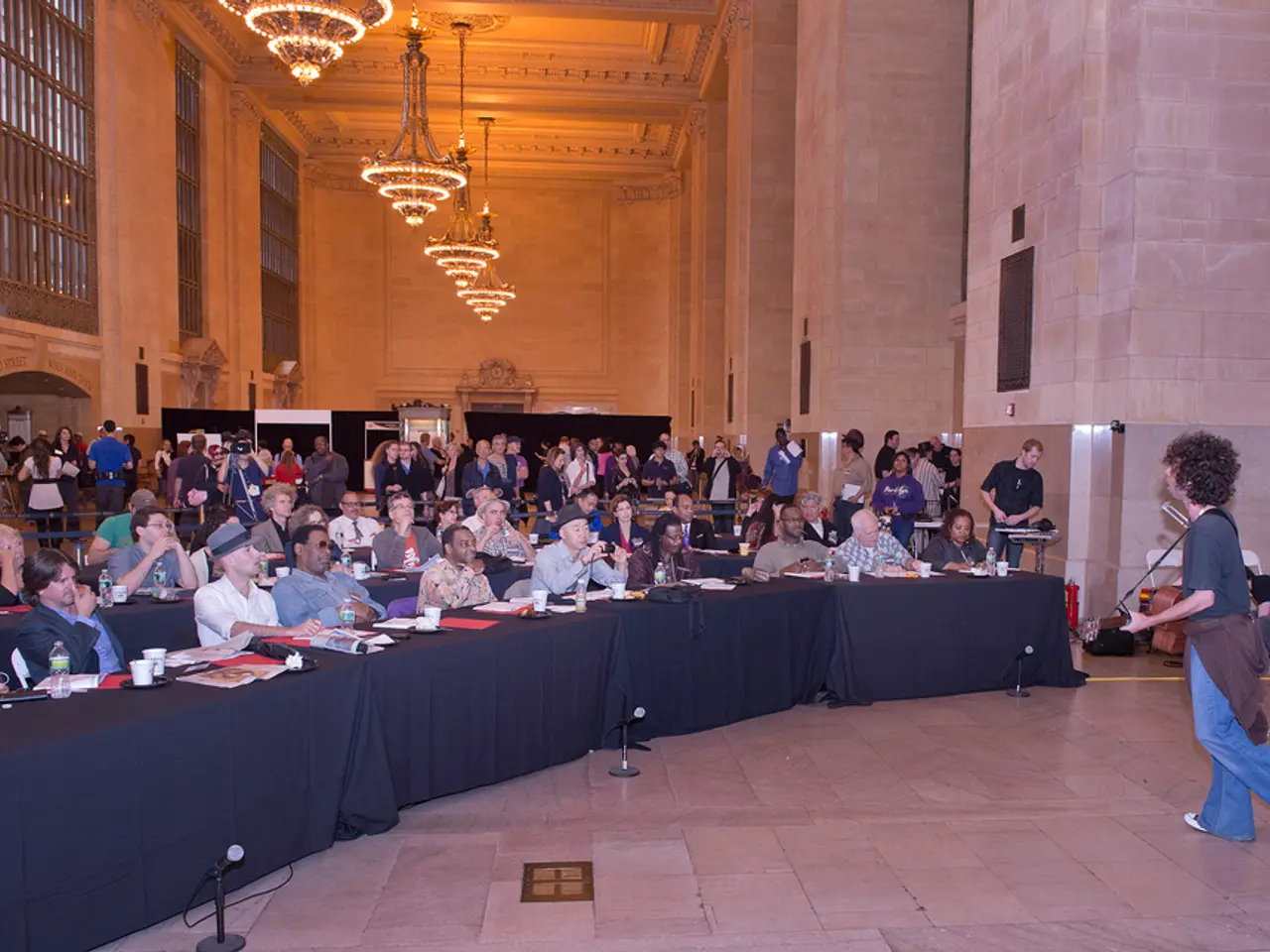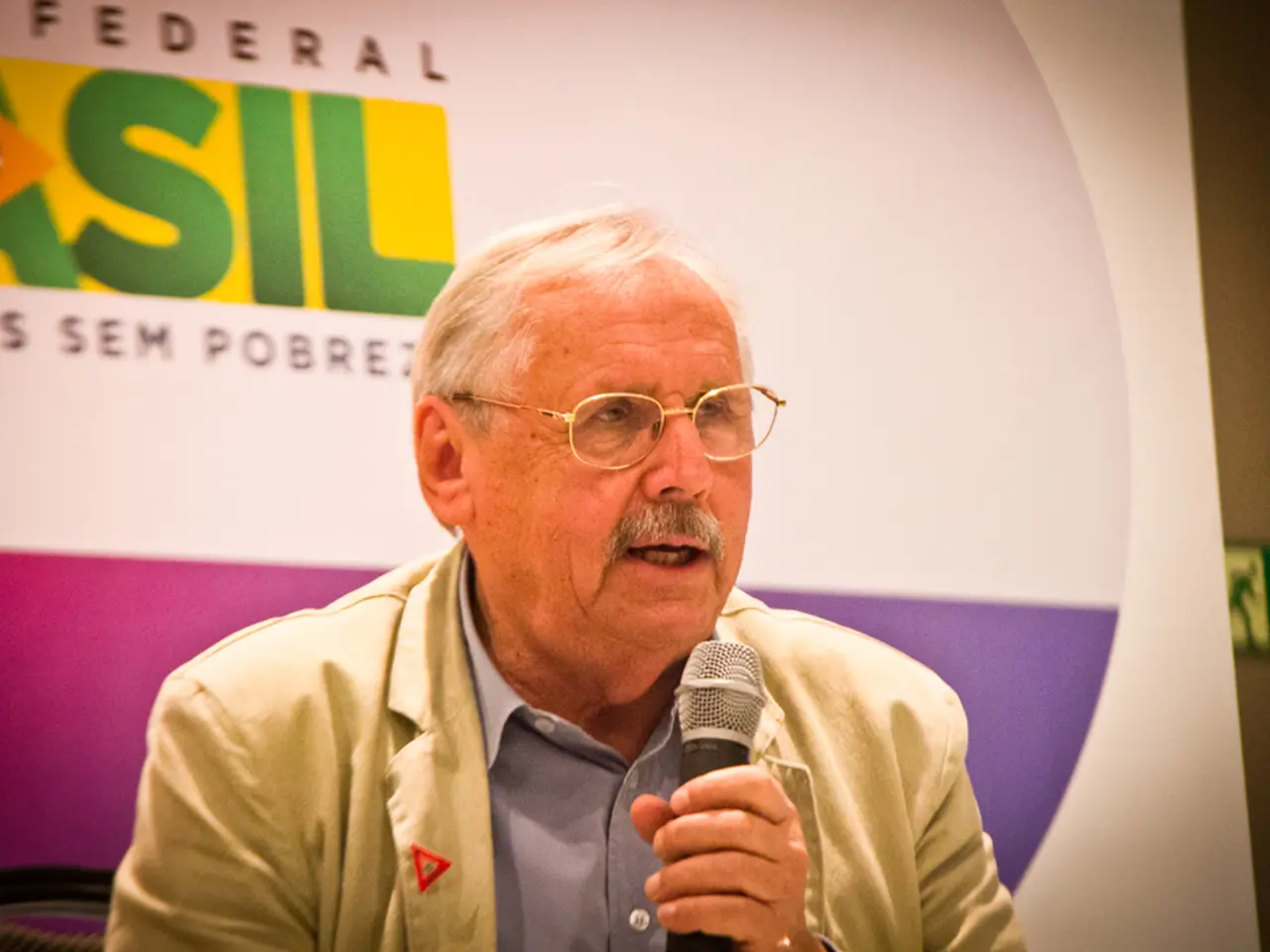Art institution UCCA Centre for Contemporary Art reportedly withheld pay for a six-month period due to financial difficulties.
The UCCA Centre for Contemporary Art, one of the oldest non-profit contemporary art centres in Mainland China, has been grappling with significant financial challenges in 2025. These issues include withholding wages for six months and pausing operations at its Shanghai branch, UCCA Edge, since June [1][2].
UCCA, known for its influential role and international reputation under director Philip Tinari, expanded aggressively in recent years, opening additional branches in Beidaihe (2018), Shanghai (2021), and Yixing last year [1]. However, the financial strain has led to uncertainty regarding the sustainability of these expansions, especially the Shanghai location [1][2].
The impact on the Chinese art market is far-reaching. A wave of closures and cutbacks across private art museums signals sector-wide financial instability. Concerns about the long-term sustainability of private art venues, which play a crucial role in China's contemporary art ecosystem, are raising alarms [1]. Potential chilling effects on investment in art institutions and related cultural initiatives amid economic pressures are also a concern.
UCCA's struggles highlight systemic challenges facing China's private art museums. The art institution is facing financial challenges due to lower ticket sales, greater international freight costs, and stricter rental payments in its Beijing location [1]. Tinari, from UCCA, stated that they are actively working towards long-term solutions to sustainably fund their program [1].
The crisis in the art museum sector is not unique to UCCA. Several other private art museums in China have closed or faced cutbacks, raising concerns about the sustainability and outlook for the region's art market [1]. The Red Brick Art Museum, for instance, reported a significant drop in visitors during the winter, resulting in difficulties for paying salaries at the beginning of this year [1].
The explosion of private museums in China during the 2010s, driven by incentives for developers and a growing number of wealthy art collectors, has led to an average of a new museum opening every two days between 2016 and 2020 [1]. However, the current financial climate is putting a strain on these institutions, leading to a crisis in the sector.
Reports of financial difficulties at the UCCA Centre for Contemporary Art were made by the South China Morning Post [1]. Art museums in China are currently undergoing a crisis due to corporate backers shifting budgets, consumers adjusting discretionary spending, and rising operational costs [1]. The UCCA, with its international reputation for ambitious exhibitions and programming, is just one example of the challenges facing China's private art museums.
[1] South China Morning Post. (2025, March 15). UCCA Centre for Contemporary Art grapples with financial challenges. Retrieved from https://www.scmp.com/culture/art/article/3186715/uccas-struggles-highlight-systemic-challenges-face-chinas-private [2] Artforum. (2025, March 16). UCCA Centre for Contemporary Art faces financial challenges. Retrieved from https://www.artforum.com/news/id=89466 [3] The Art Newspaper. (2025, March 17). China's private art museums face a crisis. Retrieved from https://www.theartnewspaper.com/news/chinas-private-art-museums-face-a-crisis
- The financial struggles of the UCCA Centre for Contemporary Art, a significant player in the international contemporary art scene, have raised concerns about the sustainability of private art museums in China.
- The UCCA's curator, Philip Tinari, has stated that they are actively pursuing long-term solutions to financially sustain their ambitious exhibitions and programming.
- The current financial climate has put a strain on Chinese private art museums, with some, including the Red Brick Art Museum, reporting difficulties in paying salaries and maintaining operations.
- The rapid expansion of private museums in China over the past decade, driven by development incentives and a growing number of art collectors, has been followed by a crisis in the sector due to various financial challenges, such as increased operational costs and shifting corporate backer budgets.

